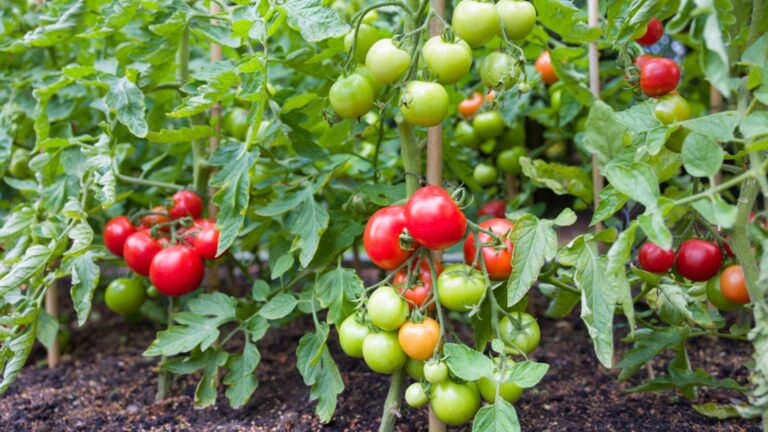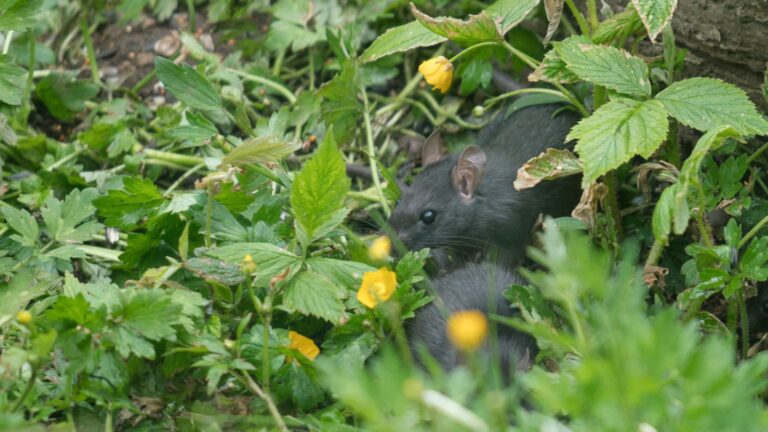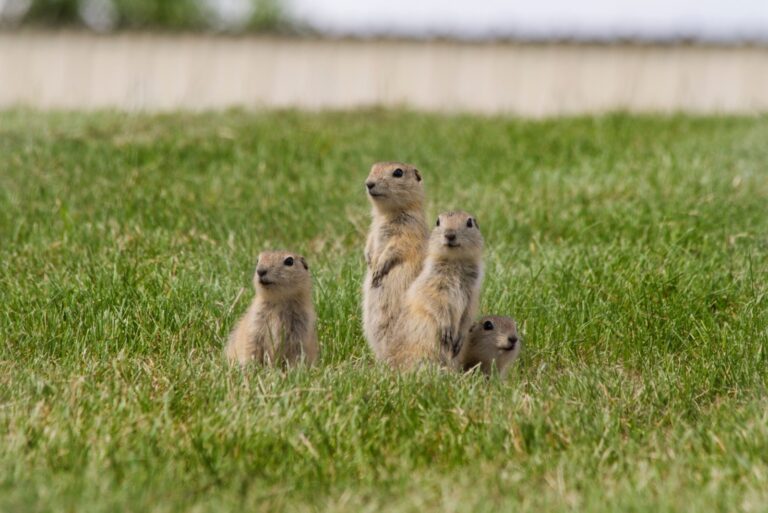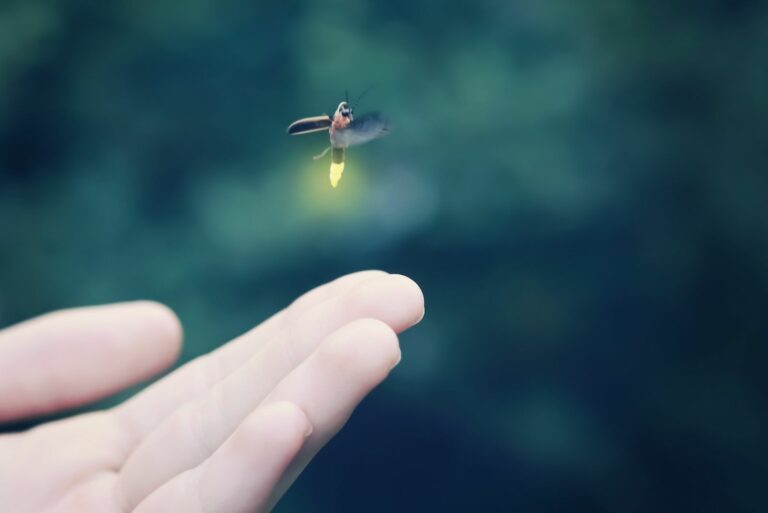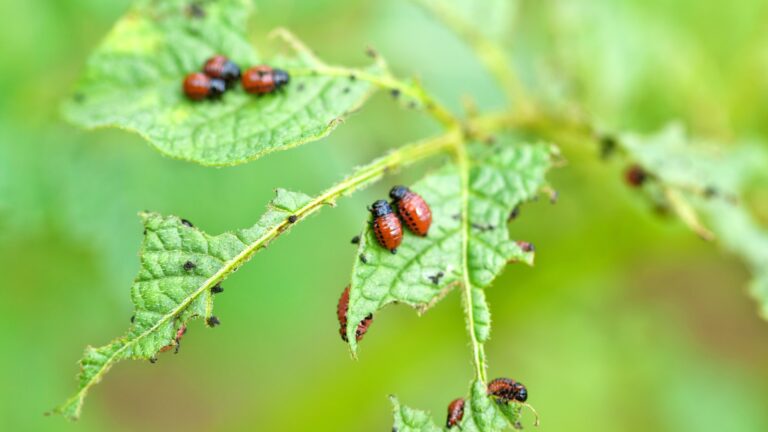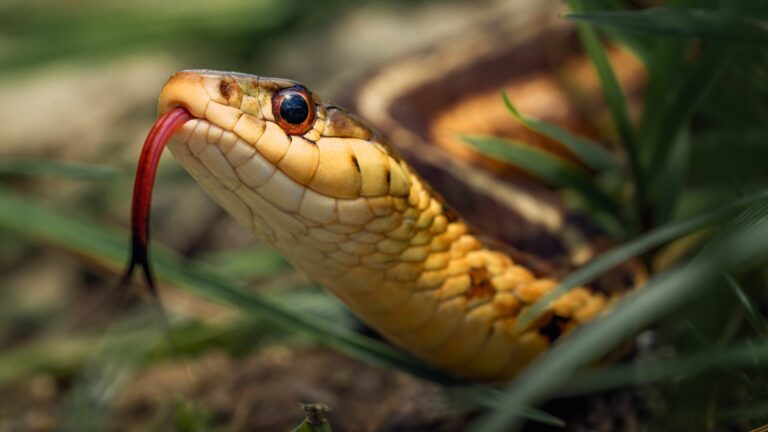9 Plants Virginians Swear By To Keep Mice Out Of The Yard
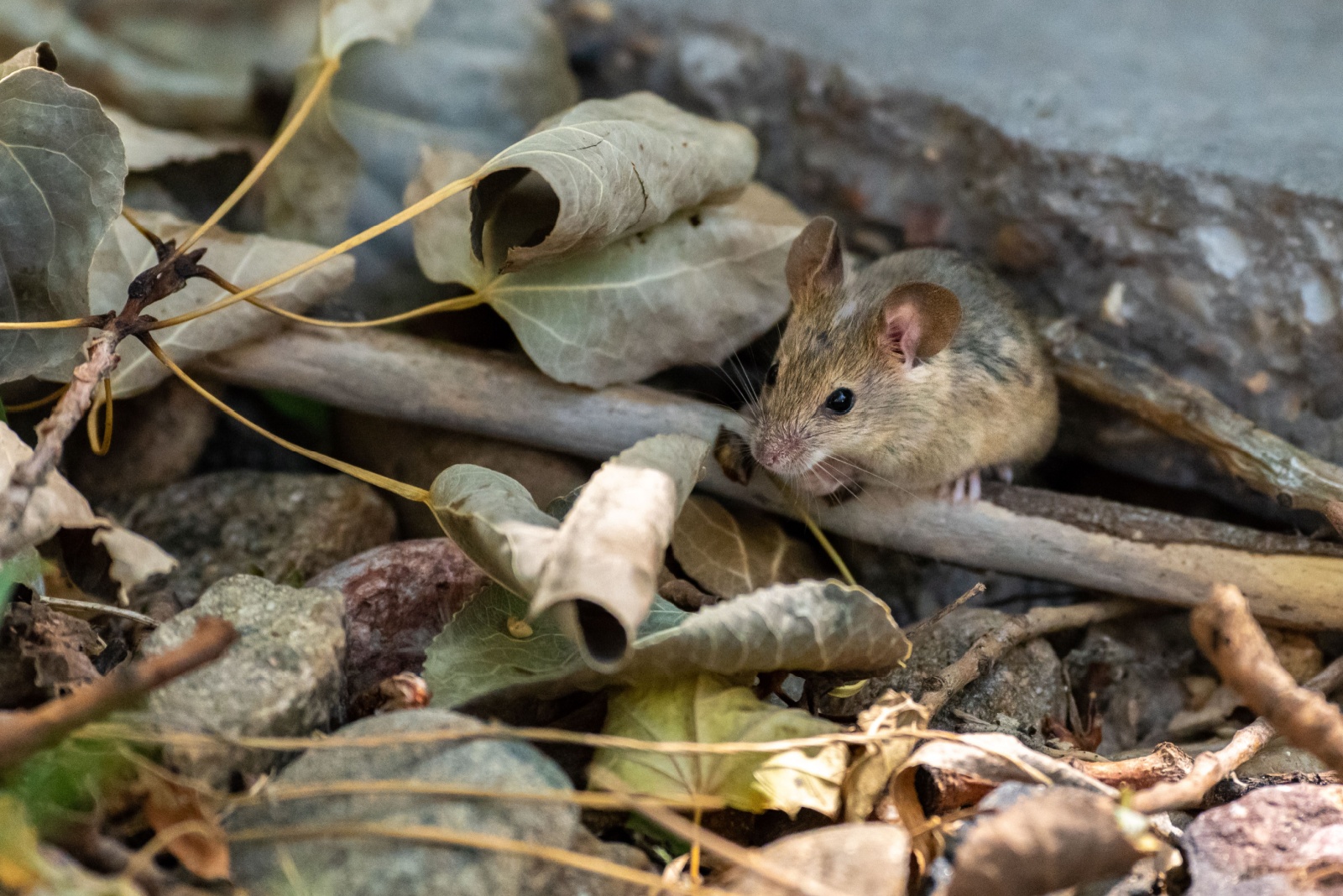
Mice can turn a peaceful Virginia garden into a frustrating problem, especially when they start nesting near your home or nibbling on your plants. Instead of relying solely on traps or chemicals, many gardeners across the state have discovered that certain plants naturally deter these little critters.
Growing the right greenery not only keeps mice at bay but also adds beauty and fragrance to your outdoor space.
1. Peppermint
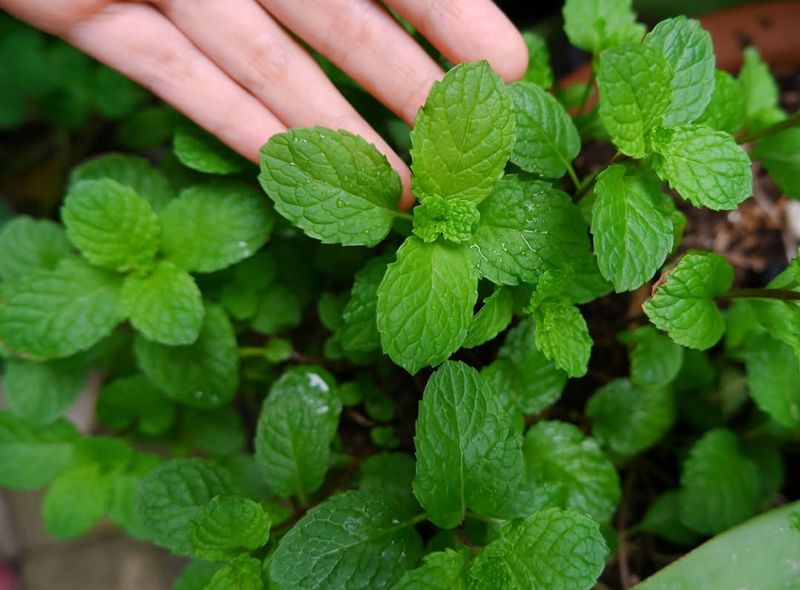
Peppermint’s strong scent is delightful to us but absolutely overwhelming to mice. The menthol aroma interferes with their sensitive noses, making your yard an unpleasant place for them to explore.
Virginia gardeners often plant peppermint along fence lines or near entry points to homes. It grows quickly and spreads enthusiastically, so consider planting it in containers if you want more control.
Fresh peppermint leaves can also be crushed and scattered in problem areas for an extra boost of protection.
2. Lavender
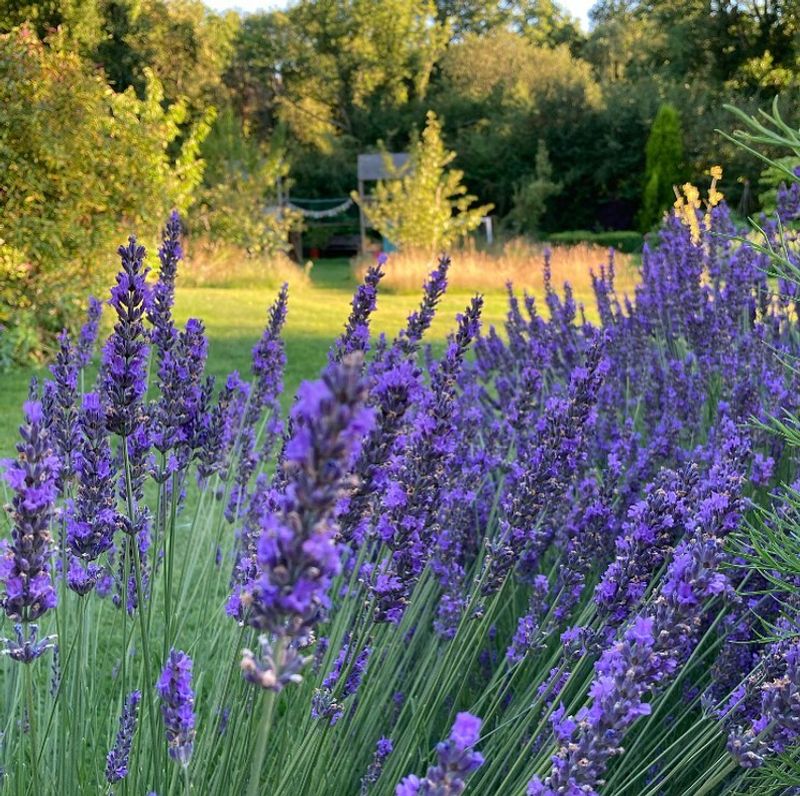
With its calming fragrance beloved by humans, lavender works wonders at keeping rodents away from your property. The essential oils in lavender are potent enough to discourage mice from setting up residence nearby.
Many folks in Virginia appreciate how well lavender tolerates the state’s hot summers while providing beautiful color throughout the season. Plant it in sunny spots with good drainage for best results.
Bonus: you can harvest the flowers for sachets that protect your indoor spaces too.
3. Rosemary
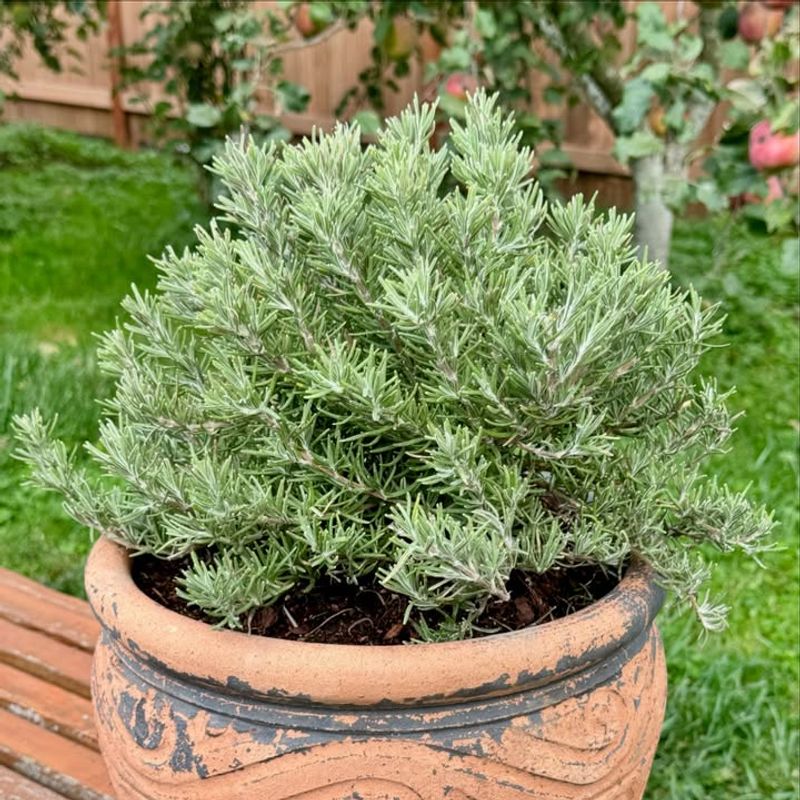
This aromatic herb does double duty in Virginia gardens—it flavors your cooking while its pungent scent keeps mice far away. Rosemary contains compounds that rodents find particularly offensive, making it an excellent natural barrier.
The plant thrives in Virginia’s climate when given plenty of sunshine and well-drained soil. Some gardeners place potted rosemary near doorways or garage entrances where mice might try to sneak inside.
Regular trimming encourages bushier growth and releases more of that mouse-deterring fragrance.
4. Daffodils
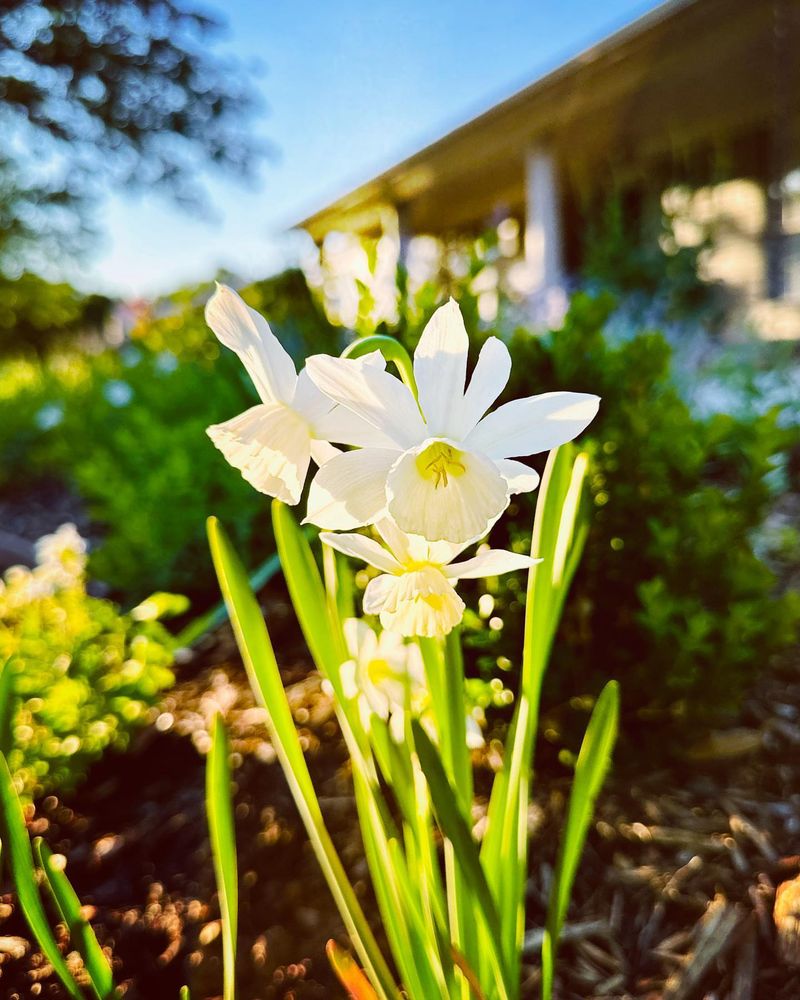
These cheerful spring bloomers contain toxic alkaloids in their bulbs that mice instinctively avoid. Planting daffodils creates a protective barrier that rodents won’t cross, making them popular among Virginia homeowners dealing with persistent mouse problems.
The bulbs naturalize beautifully across the state, returning year after year with minimal care. Plant them densely around garden beds or along your home’s foundation for maximum protection.
Their early spring color is a welcome bonus after Virginia’s gray winter months.
5. Garlic
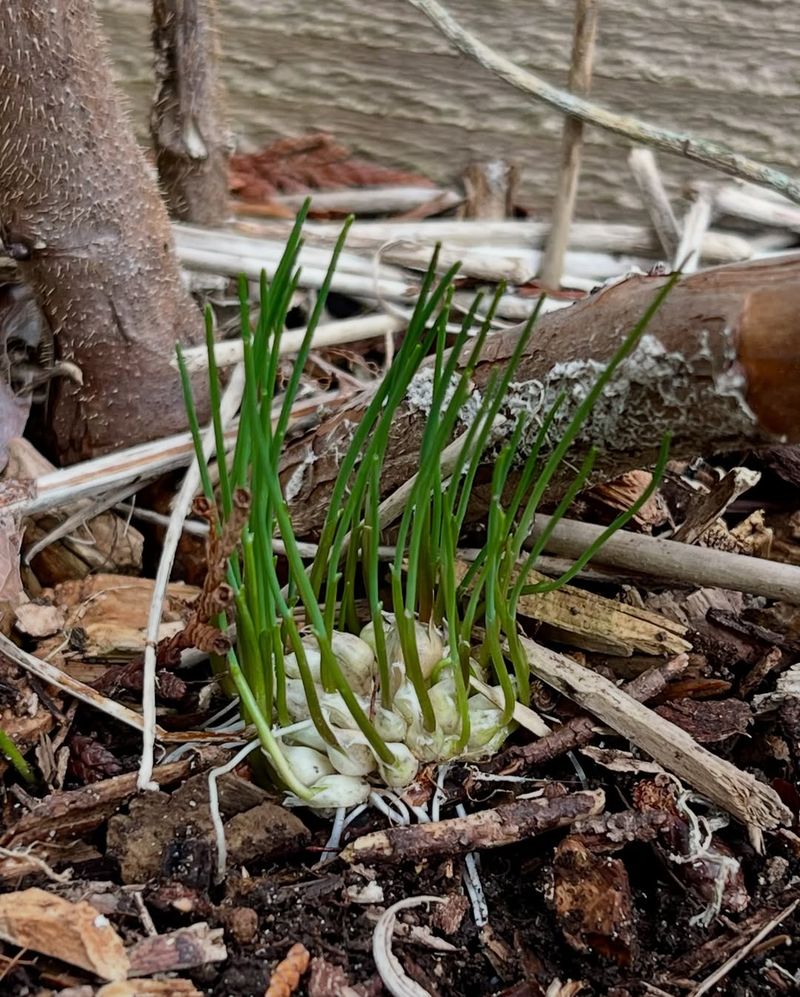
Few scents repel mice as effectively as garlic’s sharp, sulfurous odor. Virginia gardeners have long planted garlic not just for the kitchen but as a strategic defense against rodent invasions.
The smell penetrates the soil and air around the plants, creating an invisible shield that mice find unbearable. Plant cloves in fall for a summer harvest, or grow them purely as companion plants near vulnerable areas.
Even the foliage releases enough scent to keep your yard mouse-free throughout the growing season.
6. Marigolds
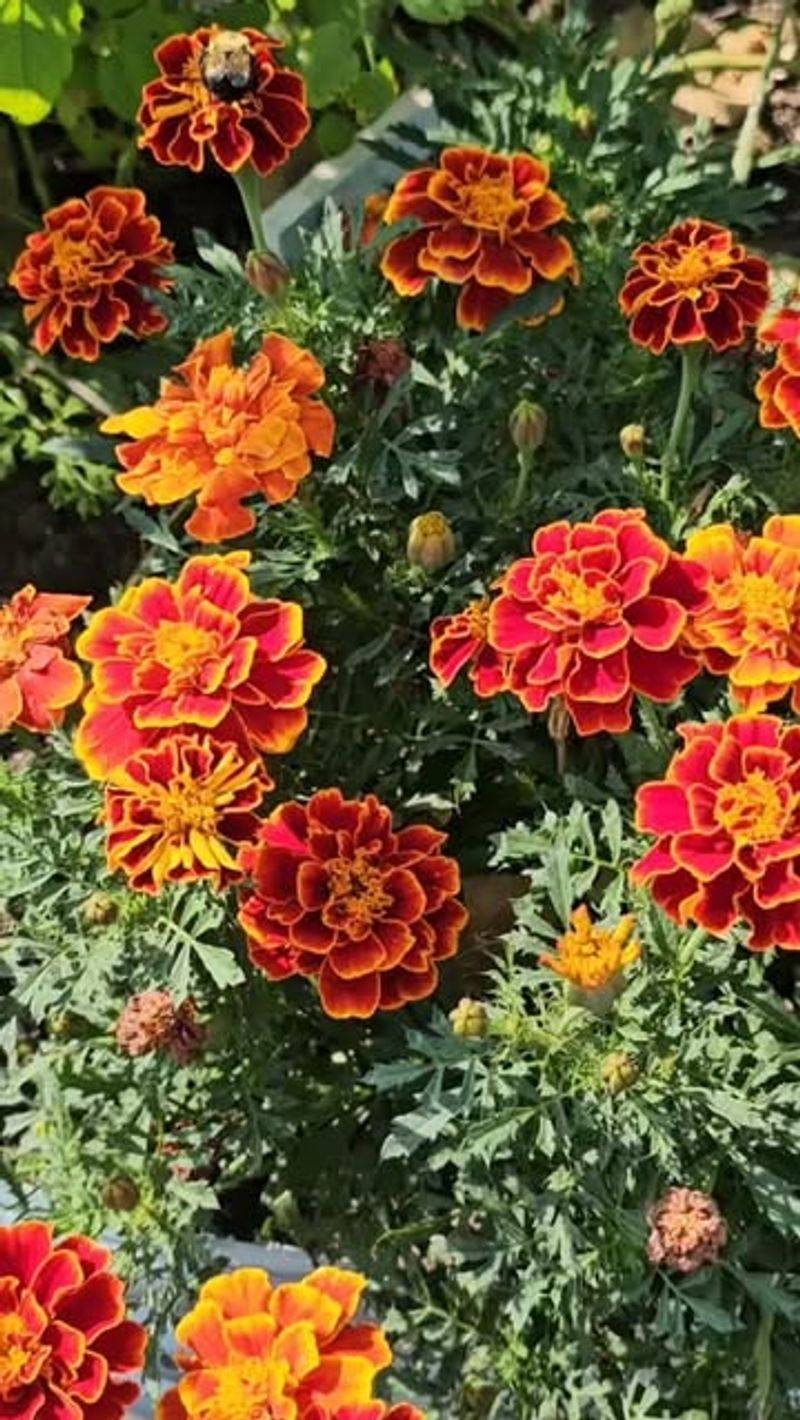
Marigolds pack a surprising punch when it comes to pest control, and mice absolutely hate their distinctive smell. The pyrethrum compounds in these flowers act as a natural repellent that keeps rodents from venturing too close.
Across Virginia, gardeners border their vegetable patches with marigolds to protect their harvest from both insects and mice. They’re incredibly easy to grow from seed and bloom continuously until frost arrives.
Their cheerful colors add visual interest while working hard behind the scenes.
7. Catnip
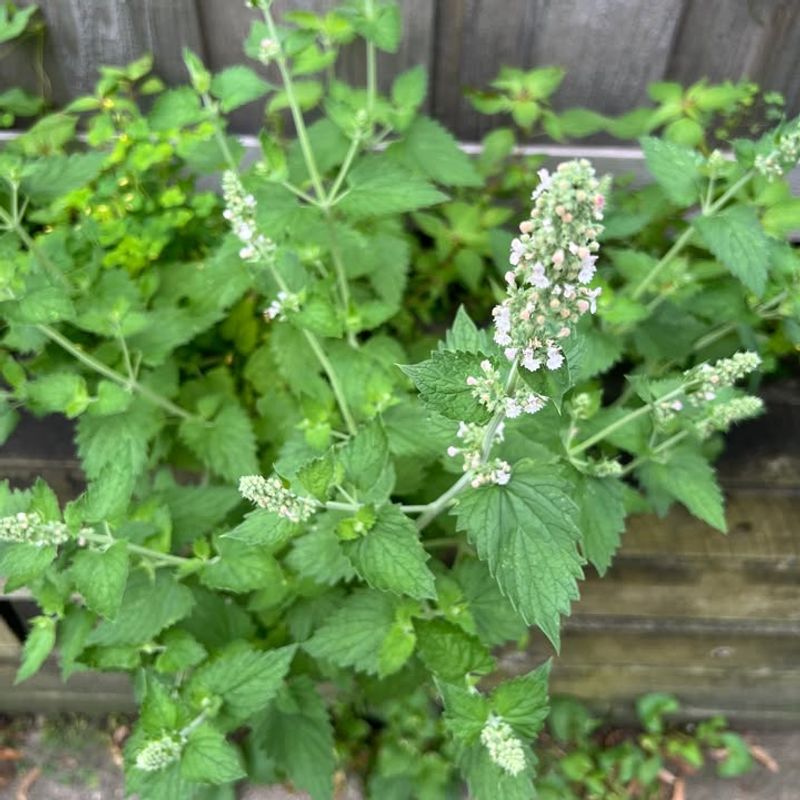
Ironically, while cats go crazy for catnip, mice can’t stand it. The nepetalactone oil that attracts felines repels rodents just as strongly, making this plant a clever choice for Virginia yards.
Catnip grows vigorously in the state’s climate and requires little maintenance once established. Plant it near sheds, garages, or other outbuildings where mice commonly try to enter.
Just be prepared for neighborhood cats to visit—though that might provide additional mouse control anyway!
8. Alliums
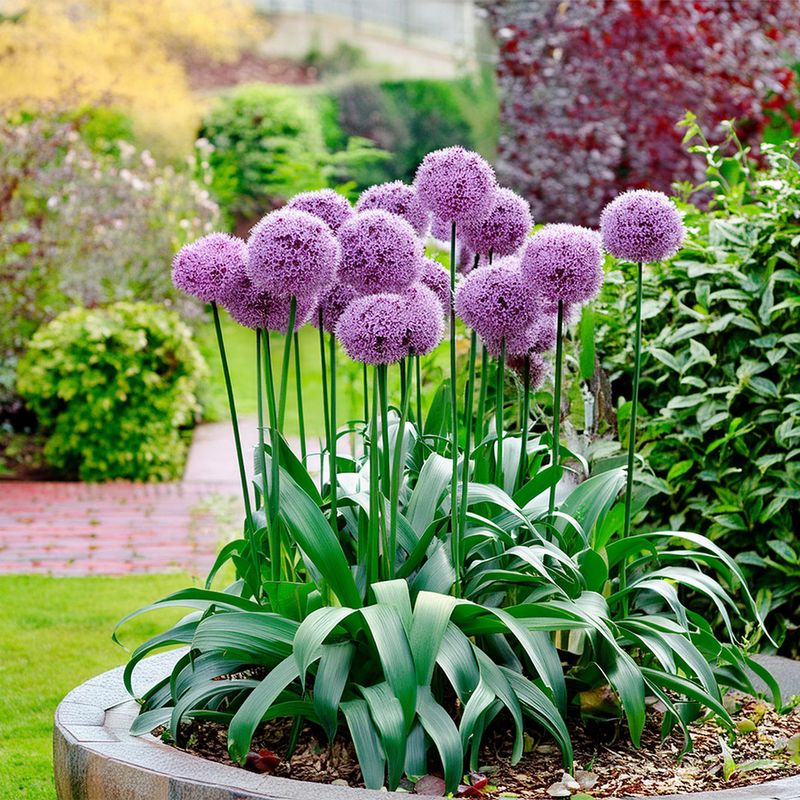
These ornamental relatives of onions and garlic produce stunning globe-shaped flowers while simultaneously repelling mice with their pungent smell. Virginia gardeners love how alliums add architectural interest to spring and early summer gardens.
The strong odor from both the bulbs and foliage creates an effective barrier that rodents refuse to cross. Plant them in clusters throughout your yard for both visual impact and comprehensive protection.
They’re also deer-resistant, solving multiple garden pest problems at once.
9. Sage
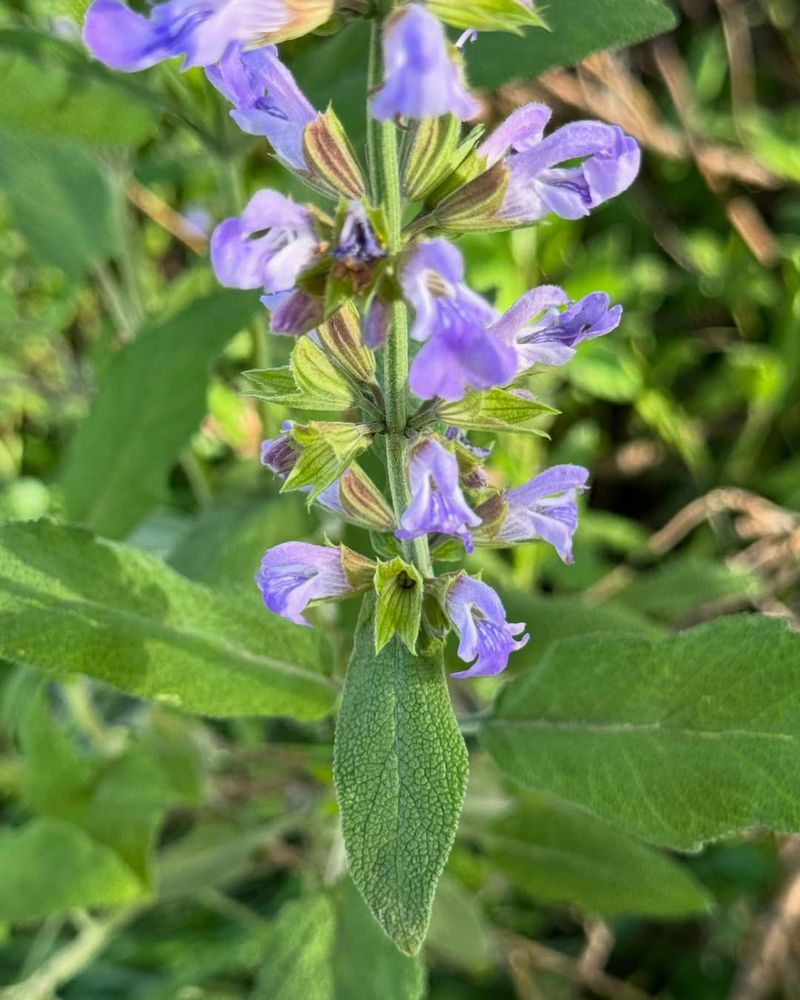
Sage’s camphor-like scent makes it another culinary herb that pulls double duty as a mouse deterrent. The strong aroma confuses rodents’ navigation systems, encouraging them to seek friendlier territory away from your Virginia property.
This drought-tolerant herb thrives in the state’s sometimes unpredictable weather, making it a reliable choice for low-maintenance gardens. Position sage plants near potential entry points or areas where you’ve noticed mouse activity.
Harvest leaves regularly to keep plants productive and fragrant all season long.

